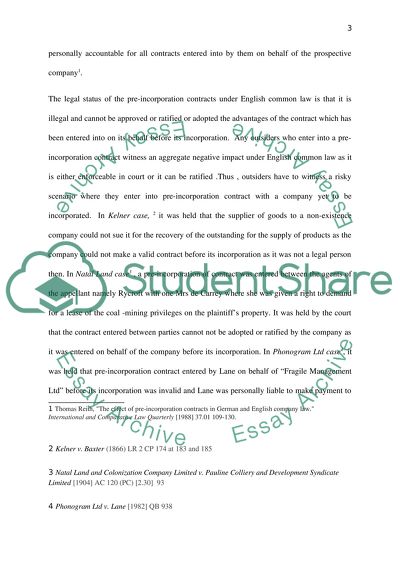Cite this document
(“Contract Law Essay Example | Topics and Well Written Essays - 2500 words - 4”, n.d.)
Retrieved from https://studentshare.org/law/1625600-contract-law
Retrieved from https://studentshare.org/law/1625600-contract-law
(Contract Law Essay Example | Topics and Well Written Essays - 2500 Words - 4)
https://studentshare.org/law/1625600-contract-law.
https://studentshare.org/law/1625600-contract-law.
“Contract Law Essay Example | Topics and Well Written Essays - 2500 Words - 4”, n.d. https://studentshare.org/law/1625600-contract-law.


